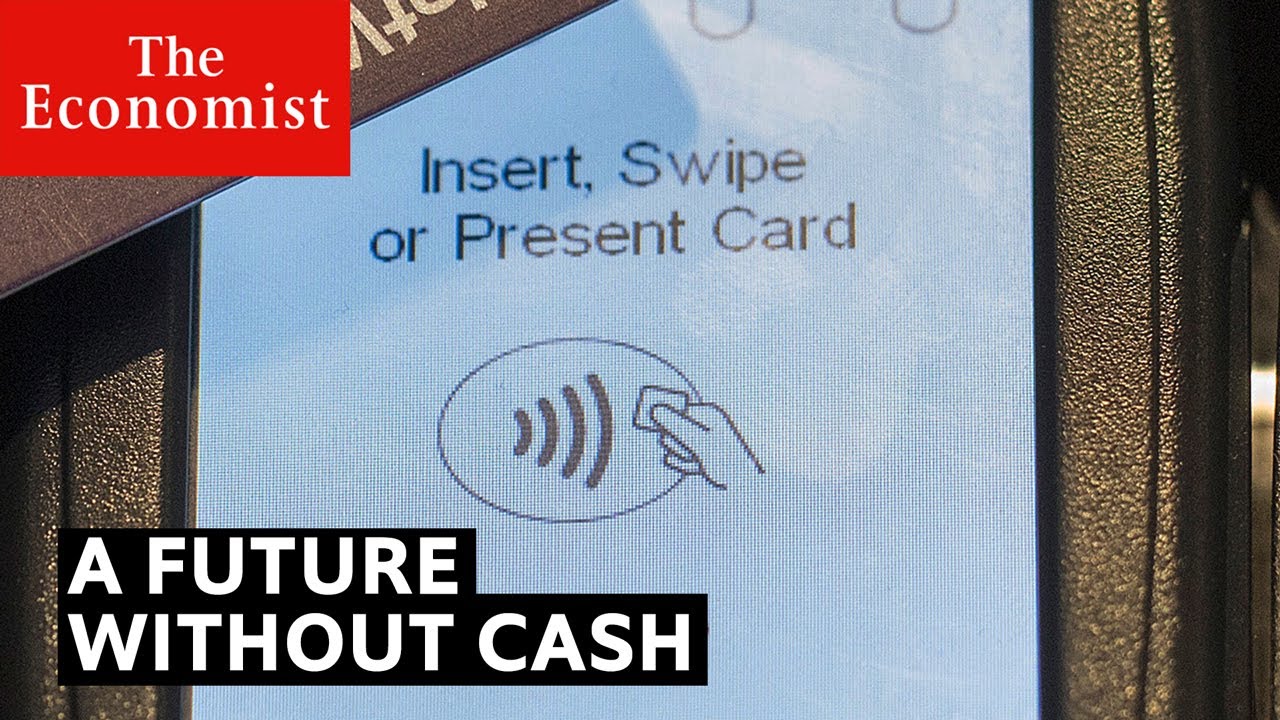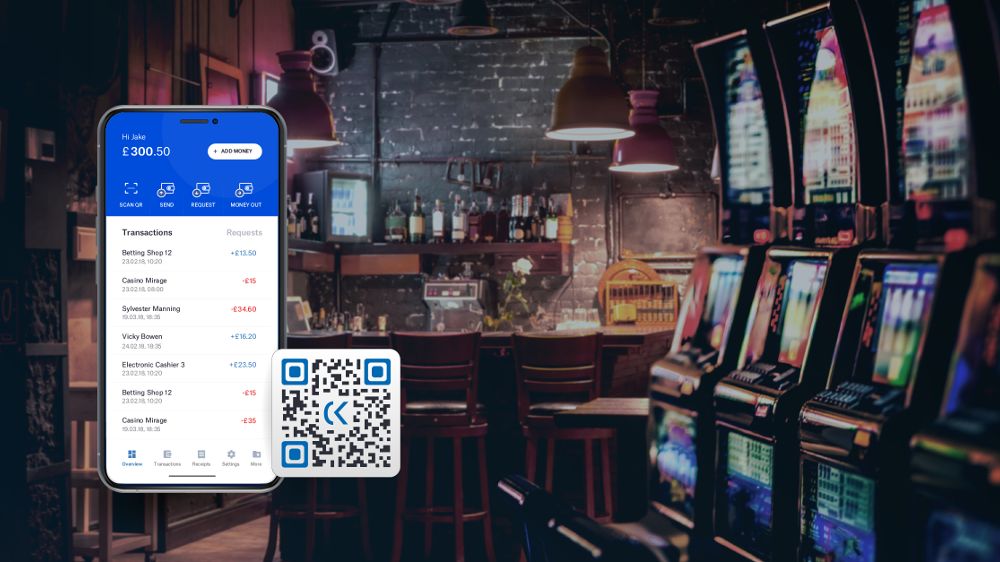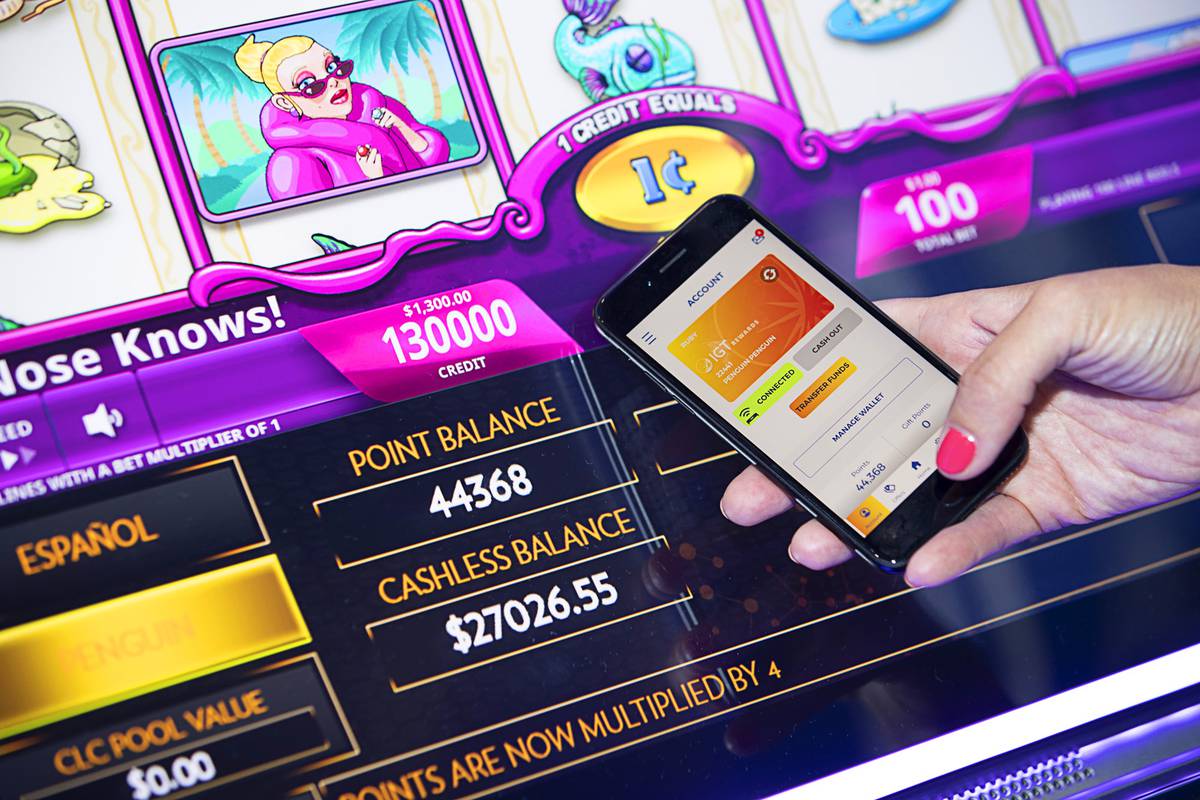As the world becomes increasingly digital, the way we pay for goods and services is evolving. This is especially true in the casinoindustry, where cashless payments are quickly becoming the norm. In this article, we'll take a closer look at the benefits of cashless payments in casinosand the technologies that make it possible.
What Are Cashless Payments In Casinos?
Cashless payments in casinos refer to any transaction that does not involve physical cash. Instead, players can use digital payment methods such as credit cards, debit cards, e-wallets, and cryptocurrencies to make deposits, place bets, and cash out their winnings.
The Benefits Of Cashless Payments In Casinos
Increased Convenience For Players
One of the primary benefits of cashless payments in casinos is convenience. With digital payment methods, players can easily fund their accounts and make transactions without having to carry cash or wait in long lines at the cashier's desk. This means that they can spend more time playing their favorite games and less time dealing with logistical issues.
Improved Security
Cashless payments also offer improved security for players and casinos alike. Digital transactions are more difficult to counterfeit than physical cash, which helps to reduce the risk of fraud and theft. Additionally, digital payment methods offer a record of all transactions, making it easier for casinos to track activity and identify any suspicious behavior.
Greater Flexibility
Digital payment methods offer greater flexibility for players. With cashless payments, players can use a variety of different payment methods, including credit cards, debit cards, e-wallets, and cryptocurrencies. This means that they can choose the payment method that works best for them and their specific needs.
Cost Savings For Casinos
Cashless payments can also help casinos save money. Handling and processing physical cash is a costly and time-consuming process. By transitioning to cashless payments, casinos can reduce the need for cash handling and processing, which can save them both time and money.
Technologies That Enable Cashless Payments In Casinos
Near Field Communication (NFC)
Near Field Communication (NFC) is a technology that enables wireless communication between devices that are close to each other. In casinos, NFC can be used to facilitate cashless payments by allowing players to make transactions using their smartphones or other mobile devices.
QR Codes
QR codes are another technology that can be used to enable cashless payments in casinos. By scanning a QR code with their smartphone, players can easily make deposits or place bets without having to use physical cash.
Biometric Authentication
Biometric authentication, such as fingerprint or facial recognition, can be used to verify the identity of players and ensure that only authorized individuals are allowed access to restricted areas. This can help to enhance security and reduce the risk of fraud or theft.
Challenges And Concerns With Cashless Payments In Casinos
While cashless payments in casinos offer numerous benefits, there are also some challenges and concerns that need to be addressed.
Problem Gambling
One concern is that cashless payments may make it easier for problem gamblers to overspend. Without the physical presence of cash, players may not realize how much they are actually spending, leading to increased risk of addiction and financial harm. Casinos need to take steps to ensure that players are using cashless payment methods responsibly and are not putting themselves in danger.
Technical Issues
Another challenge with cashless payments is the potential for technical issues. If a casino's payment system experiences downtime or malfunctions, players may not be able to access their accounts or make transactions. This can lead to frustration and lost revenue for both the casino and the players.
Privacy Concerns
Cashless payments also raise privacy concerns. With digital payment methods, casinos have access to a wealth of personal information about their players, including their spending habits, location, and transaction history. Casinos need to be transparent about how they collect and use this data, and ensure that they are following all relevant privacy laws and regulations.
The Future Of Cashless Payments In Casinos
Despite these challenges, the future of cashless payments in casinos looks bright. As technology continues to evolve and players become more comfortable with digital payment methods, we can expect to see more and more casinos embracing cashless payments as the norm. With benefits such as increased convenience, improved security, and cost savings, it's clear that cashless payments are the way of the future in the casino industry.

What does a cashless future mean?
Implementation And Adoption Of Cashless Payments In Casinos
The implementation and adoption of cashless payments in casinos are not without their challenges. One major challenge is the need to invest in new technology and infrastructure to support cashless payments. Casinos need to upgrade their payment systems to support digital payment methods and ensure that their network can handle the increased traffic. This is why all great businesses should have a network expert, you can read about the latest networks devices herein this guide from Novabach.
Another challenge is the need to educate both casino staff and players about cashless payments. Staff need to be trained on how to operate the new payment systems, and players need to be educated on how to use digital payment methods. Additionally, casinos need to ensure that their customers feel comfortable using these new payment methods and that they are aware of the benefits and potential risks.
Despite these challenges, many casinos have already begun to adopt cashless payment systems. For example, in 2020, MGM Resorts International announced that it would be rolling out cashless payment options across its properties. The company stated that it would be implementing a digital wallet that would allow customers to use their smartphones to make payments at restaurants, bars, and slot machines.
Regulatory Framework For Cashless Payments In Casinos
The implementation of cashless paymentsin casinos also requires a regulatory framework to ensure fair play and prevent fraudulent activities. The regulatory framework must ensure that casinos comply with anti-money laundering laws and regulations and prevent money laundering activities from taking place.
Furthermore, casinos must ensure that players have the option to opt-in or opt-out of cashless payments and that they have the option to set limits on their spending. This is to prevent players from overspending and developing gambling addiction.
The regulatory framework must also ensure that players' personal and financial information is protected. Casinos must have appropriate security measures in place to safeguard customers' data and ensure that it is not misused or accessed by unauthorized parties.
Benefits Of Cashless Payments In Casinos
Despite the challenges and concerns, cashless payments offer numerous benefits to both casinos and players. One of the most significant benefits is the increased convenience it offers. With cashless payments, players no longer need to carry cash or wait in long lines to exchange cash for chips. They can simply use their mobile devices to make payments, which is more convenient and faster.
Another benefit is improved security. Cashless payments use encryption and other security measures to protect players' personal and financial information. This significantly reduces the risk of fraud, theft, or other criminal activities.
Cashless payments also offer cost savings for casinos. With cashless payments, casinos no longer need to handle and transport large amounts of cash, which can be costly and time-consuming. This also reduces the risk of theft and the need for additional security measures.
People Also Ask
How Would A Cashless Casino Work?
A cashless casino would work by allowing players to use digital payment methods such as credit cards, mobile payment apps, and e-wallets to make transactions within the casino. Players would no longer need to exchange cash for chips or carry cash around the casino floor. Instead, they could simply use their mobile devices or other electronic payment methods to make transactions.
What Is A Cashless Casino?
A cashless casinois a casino that has implemented a payment system that allows players to use digital payment methods instead of cash. The system enables players to make transactions within the casino, such as buying chips, making bets, or purchasing food and beverages, without the need to exchange cash. Cashless casinos offer greater convenience, improved security, and cost savings.
What Are The Pros And Cons Of A Cashless Casino?
Pros of a cashless casino:
Increased convenience: Players no longer need to carry cash or wait in long lines to exchange cash for chips. They can simply use their mobile devices to make payments, which is faster and more convenient.
Improved security: Cashless payments use encryption and other security measures to protect players' personal and financial information. This significantly reduces the risk of fraud, theft, or other criminal activities.
Cost savings: Cashless payments eliminate the need for casinos to handle and transport large amounts of cash, which can be costly and time-consuming. It also reduces the risk of theft and the need for additional security measures.
Better tracking of player activity: Cashless payment systems can provide detailed data on player spending and behavior, which can help casinos better understand their customers and improve their services.
Cons of a cashless casino:
Need for new technology and infrastructure: Implementing cashless payment systems requires casinos to invest in new technology and infrastructure to support digital payment methods.
Education and training: Staff and players need to be educated on how to use the new payment systems, and players need to be comfortable using digital payment methods.
Concerns over addiction and overspending: Cashless payments can make it easier for players to overspend or develop gambling addiction. It is essential that casinos have appropriate safeguards in place to protect vulnerable players.
Regulatory challenges: Cashless payment systems require a regulatory framework to ensure fair play and prevent fraudulent activities. Casinos must comply with anti-money laundering laws and regulations and ensure that players have the option to opt-in or opt-out of cashless payments and set limits on their spending.
Conclusion
Cashless payments are quickly becoming the norm in the casino industry. With benefits such as increased convenience, improved security, and cost savings, it's easy to see why. By leveraging technologies such as NFC, QR codes, and biometric authentication, casinos can offer a seamless and secure cashless payment experience that meets the needs of today's players.

